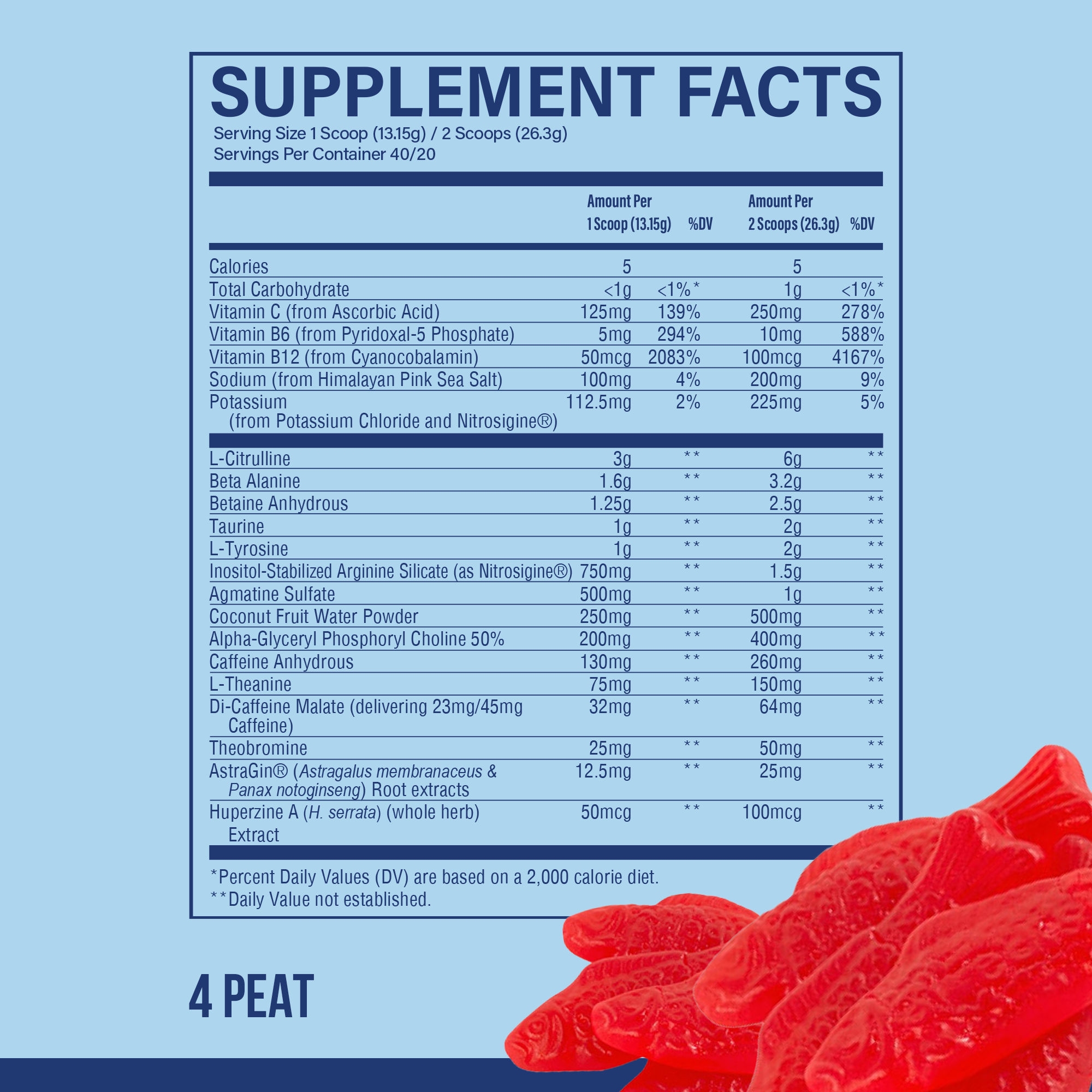Best 5 Reasons Why Sesame Oil is Essential for 2025 Health
Sesame oil, derived from the seeds of the sesame plant, stands out as an invaluable addition to our diets for its myriad health benefits. With a history that dates back thousands of years, this oil not only serves as a flavorful ingredient in various cuisines, particularly in Asian cooking, but also offers numerous nutritional advantages that are increasingly recognized in health discussions. As we head into 2025, understanding why sesame oil is considered essential for health can assist individuals in making informed dietary choices. In this article, we'll delve into five compelling reasons to incorporate sesame oil into your daily routine, showcasing its nutritional value and versatile uses.
From its impressive antioxidant content to its beneficial effects on heart health and skin care, sesame oil proves to be much more than just a cooking fat. As we explore these benefits further, we will reveal tips on integrating sesame oil into your meals, as well as insights on its culinary properties and nutritional profiles.
Additionally, we'll provide expert recommendations on how to maximize the health-enhancing qualities of sesame oil while also comparing it to other popular oils, ensuring that readers become well-versed in making nutritious choices. Let’s jump into the essential reasons why sesame oil should be your go-to oil in 2025.
1. Nutritional Powerhouse of Sesame Oil
Understanding Sesame Oil Nutrition
Sesame oil is packed with a range of nutrients that are vital for maintaining overall health. It boasts essential fatty acids, vitamins, and minerals that contribute positively to well-being. One of the main components of sesame oil is its high concentration of polyunsaturated fats, particularly omega-6 fatty acids, which are known for supporting heart health.
Additionally, the oil contains significant amounts of vitamin E, a powerful antioxidant that helps combat oxidative stress in the body. The fat composition in sesame oil also includes sesamolins and sesamin, phytochemicals that play a role in lowering cholesterol levels. By understanding sesame oil nutrition, consumers can appreciate its role not only as a cooking ingredient but also as a health-enhancing addition to their diet.
Sesame Oil Calories and Fat Composition
When considering sesame oil in your diet, being mindful of calories and fat content is important. One tablespoon of sesame oil contains about 120 calories and includes approximately 14 grams of fat. However, it is crucial to remember that not all fats are created equal. The majority of fats found in sesame oil are heart-healthy fats that can be beneficial for your body when consumed in moderation.
Moreover, incorporating sesame oil into meals can feel guilt-free, thanks to its flavor profile that enhances dishes without significantly increasing calorie counts. The right balance of healthy fats can help in maintaining heart health and overall nutritional balance.
Fatty Acids and Health Benefits
In addition to omega-6 fatty acids, sesame oil also contains omega-3 fatty acids, albeit in smaller quantities. These essential fats play a crucial role in reducing inflammation and promoting heart health. The balance of omega-6 to omega-3 is important in a healthy diet, which makes sesame oil a viable option, especially for those following plant-based diets.
Regular consumption of sesame oil can support healthy cholesterol levels and improve overall cardiovascular health, making it a fantastic choice for heart-conscious individuals. It underscores the importance of considering oils in terms of their fatty acid content and health implications.
2. Sesame Oil – Antioxidant Benefits
Delving into Antioxidant Properties
One of the standout features of sesame oil is its rich antioxidant properties. Antioxidants play a fundamental role in guarding the body against the damaging effects of free radicals, which can cause cellular damage and lead to various chronic diseases.
The antioxidants in sesame oil, particularly sesamol and sesamin, not only help in reducing oxidative stress but also support the immune system. This is noteworthy as strong immunity is essential for maintaining health, particularly during the colder months or in times when infectious diseases prevail.
Sesame Oil as an Anti-Inflammatory Agent
Sesame oil has been linked to anti-inflammatory benefits, which can be crucial for individuals suffering from conditions like arthritis or inflammatory bowel disease. The anti-inflammatory properties present in this oil can help decrease the severity of these conditions, leading to improved comfort and health.
Moreover, incorporating sesame oil in cooking can be a delicious way to fight inflammation. Whether it's drizzling it over a salad or using it in a marinade, its flavor enhances your dishes while also promoting better health.
Integrating Sesame Oil for Immune Support
Including sesame oil in your diet can bolster immune response, partly thanks to its line-up of vitamins and minerals. The presence of zinc, magnesium, and vitamin E helps equip the body to fend off infections and maintain overall health.
Using sesame oil as a dressing or cooking oil can be especially beneficial in winter months when immune systems are more susceptible. Its ability to provide nutritious support can make it a staple in healthy kitchens.
3. Sesame Oil for Heart Health
Good Fats for Cardiovascular Function
When discussing sesame oil health benefits, heart health surfaces as a top advantage. As mentioned earlier, sesame oil's balance of fatty acids contributes to its heart-healthy properties. Research shows that substituting saturated fats with unsaturated fats, like those found in sesame oil, can enhance heart health.
Moreover, the oil's ability to lower LDL (bad cholesterol) and increase HDL (good cholesterol) levels is a primary factor that supports cardiovascular functioning. Including sesame oil in your meals could be a simple yet effective approach to promoting heart health.
Comparing Sesame Oil to Other Oils
When considering oils for heart health, sesame oil often comes up against other popular options like olive oil. Each oil holds its unique health benefits, but sesame oil brings a distinct set of advantages that can complement a balanced diet. While olive oil is rich in monounsaturated fats and antioxidants, sesame oil provides a different fatty acid profile that can also be beneficial.
When making choices between sesame oil vs olive oil, it’s essential to consider both their unique benefits and how they can coexist in a heart-healthy diet.
Sesame Oil and Blood Pressure Control
Another vital aspect of sesame oil’s relationship with heart health is its effect on blood pressure. Studies suggest that incorporating sesame oil into cooking can aid in managing and lowering high blood pressure, making it an essential ingredient for those at risk.
Regular intake of sesame oil may lead to reduced muscle tension and improved blood flow, thereby supporting heart health through more than just dietary fat alone.
4. Versatile Uses of Sesame Oil in Cooking
Cooking Techniques and Applications
Sesame oil is celebrated for its versatility in cooking applications. Whether it’s used in dressings, marinades, or as a cooking oil, its flavor profile can elevate dishes significantly. Whether you are frying, sautéing, or drizzling over salads, this oil seamlessly integrates into various cuisines, especially in Asian cooking.
Choosing organic sesame oil or cold-pressed sesame oil can help enhance its flavor and nutritional qualities, making it a prime choice for various cooking techniques.
Sesame Oil Recipes to Try
Incorporating sesame oil into recipes can be an enjoyable way to experience its health benefits. Simple recipes like sesame oil salad dressing or stir-fried vegetables can be both delicious and nutritious. For health-conscious chefs, the inclusion of sesame oil recipes vegan can broaden options while maintaining flavor integrity.
Additionally, with its high smoke point (approximately 410°F or 210°C), sesame oil is ideal for frying and deep-frying, which is another reason to keep it stocked in your pantry.
Creative Uses Beyond Cooking
Beyond its culinary applications, sesame oil has found a place in beauty and health practices. It serves as a carrier oil in massage, skin care, and hair care routines. Its moisturizing properties make it an excellent option for dry skin, while the application for hair can promote strength and shine.
Whether utilizing sesame oil for skin or hair care, its abundance of antioxidants can deliver benefits that extend far beyond the kitchen.
5. Sesame Oil – An Essential Addition to Daily Diets
Recommended Daily Intake
Understanding how much sesame oil to incorporate into your diet is essential for maximizing its benefits. Health experts suggest a daily intake of one to two tablespoons for a balanced approach, allowing for its health-promoting properties without excessive calorie consumption.
This moderate intake ensures you receive the beneficial vitamins and fatty acids necessary for optimal health while allowing room for other healthy oils.
Addressing Health Myths and Risks
It’s worth noting that despite the many sesame oil health benefits, misconceptions exist around its qualities. Some may question sesame oil’s fat content in the context of weight loss. While it does contain calories, incorporating healthy fats like sesame oil can actually support weight loss by promoting satiety and enriching the diet with essential nutrients.
Furthermore, potential health risks could arise if consumed excessively, just as with any oil. Balancing intake, understanding individual health needs, and moderating use can help mitigate risks while enjoying its benefits.
Conclusion: Embrace Sesame Oil for Health in 2025
As we move forward into 2025, embracing sesame oil presents an opportunity to enhance dietary choices and overall health. With its robust profiles in nutrition, energy provision, and essential fatty acids, sesame oil stands out as an oil worth incorporating into diverse recipes, both for nutritional and flavor enhancement. Understanding the diverse applications of sesame oil—be it cooking, skin care, or overall health—allows individuals to harness its full potential while enjoying varied culinary experiences.


